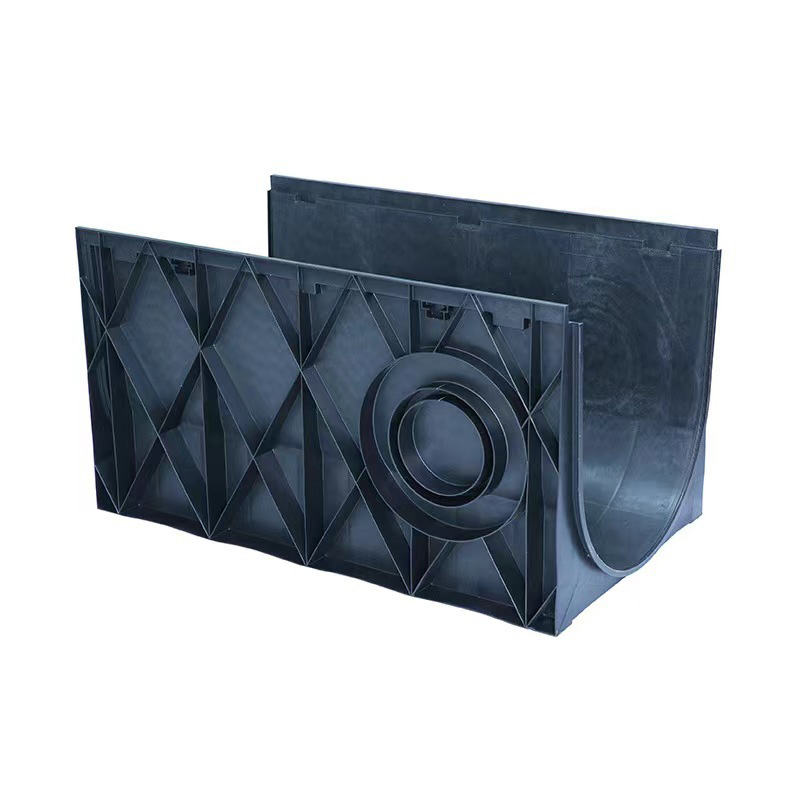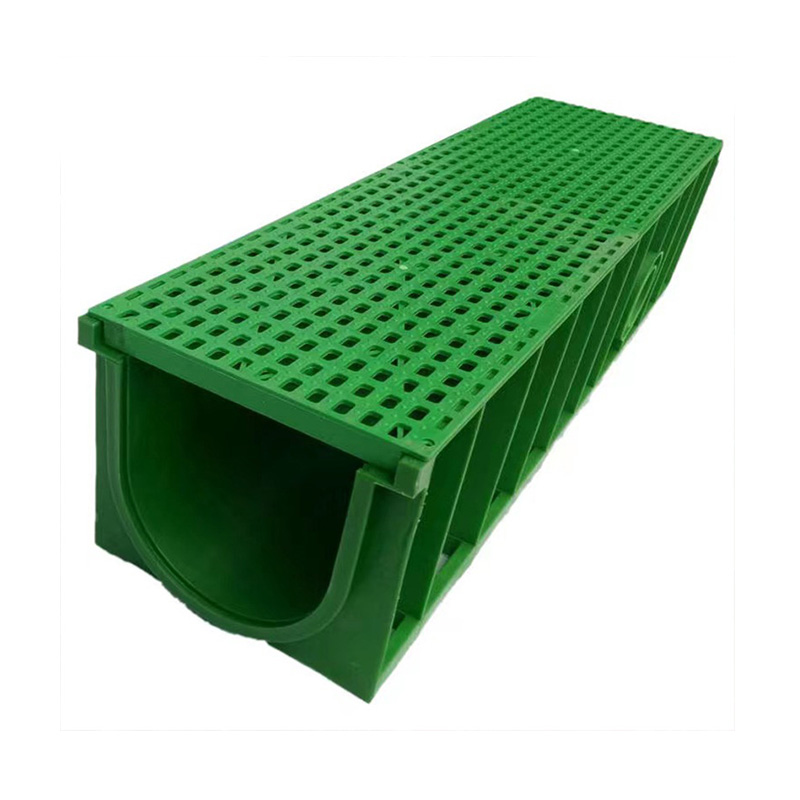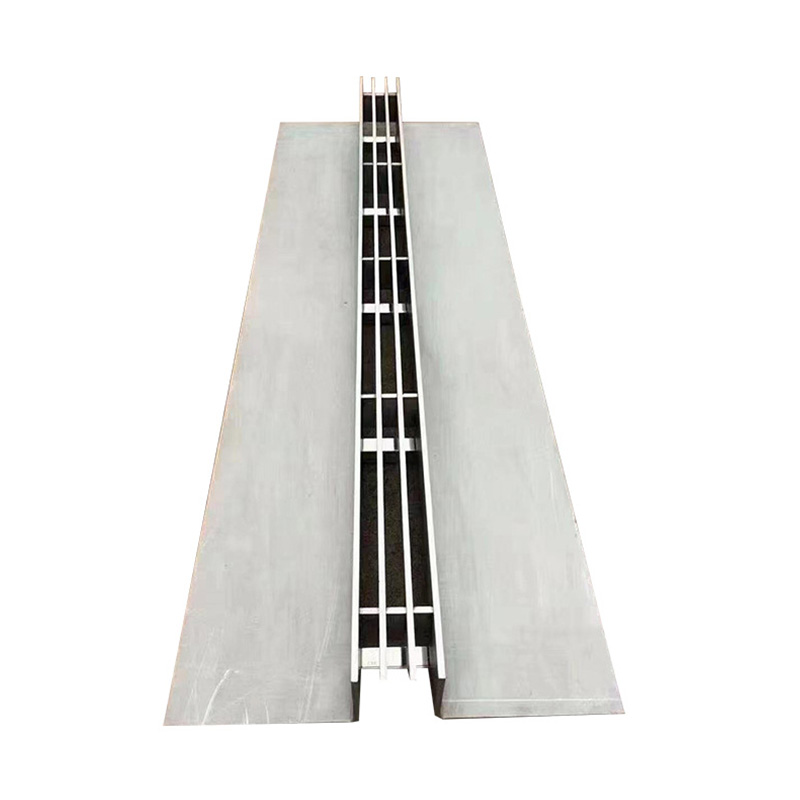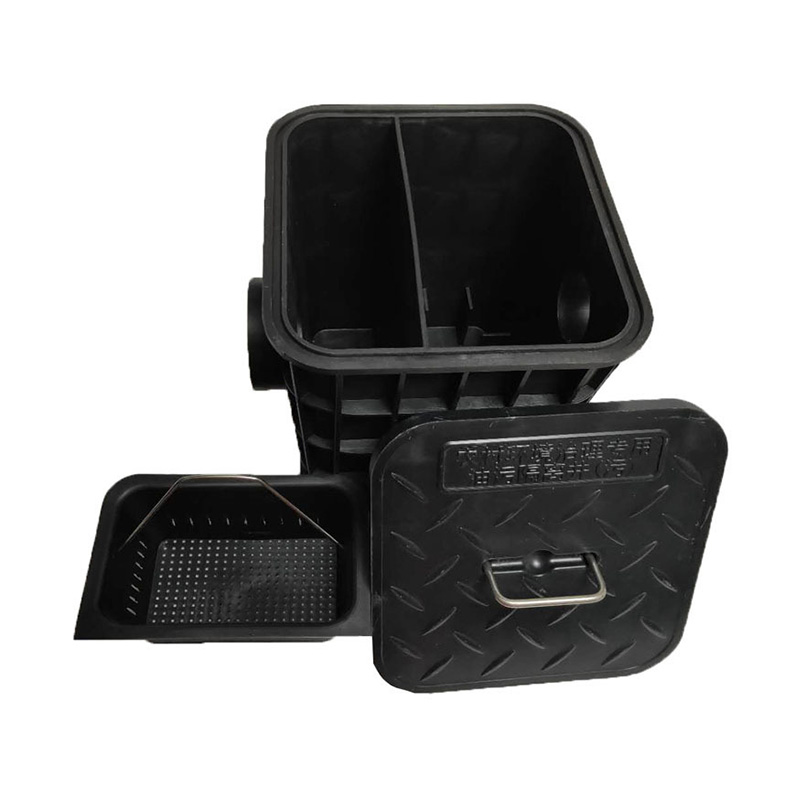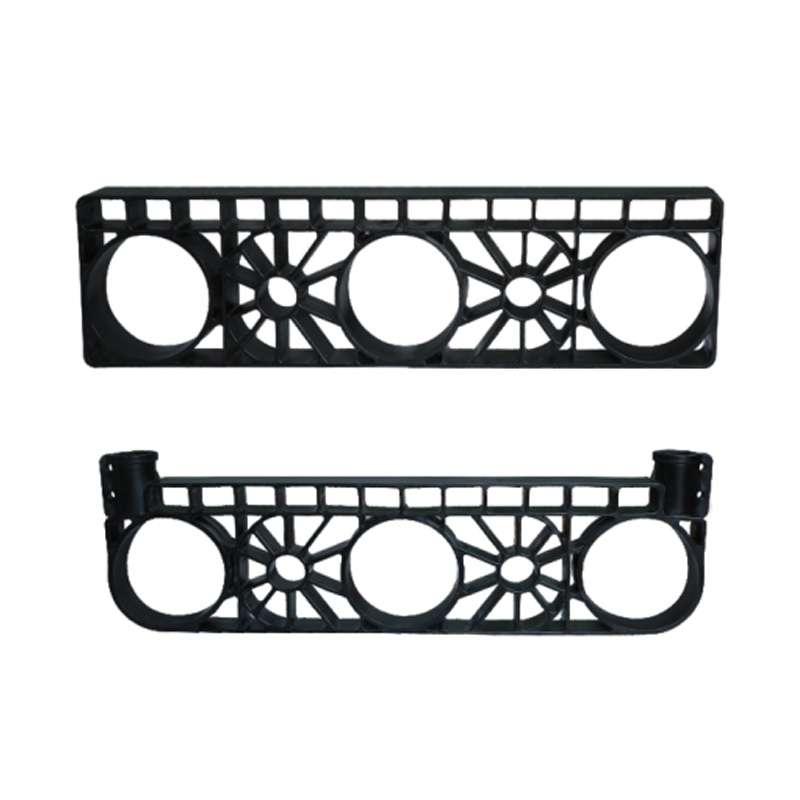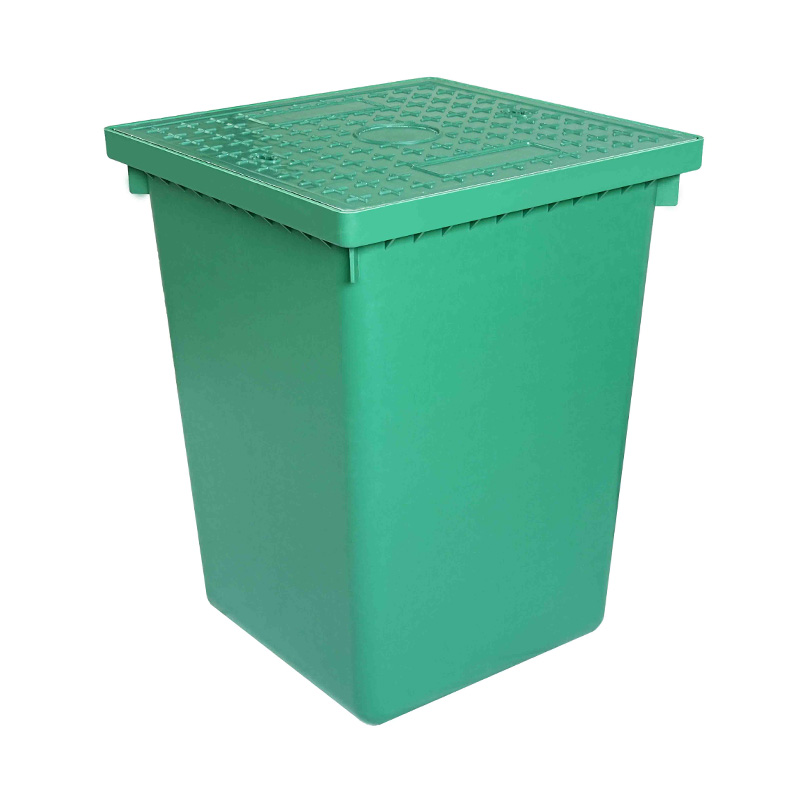In various industries, managing the separation of oil and water is an essential part of daily operations. Whether it’s for automotive workshops, manufacturing plants, or wastewater treatment systems, a reliable plastic oil water separator can improve efficiency and protect the environment. With different designs and specifications available, choosing the right oil water separator for your needs can feel overwhelming. This article offers a practical, easy-to-follow guide to help you make a smart selection based on your specific application.
A plastic oil water separator is a device designed to separate oil and other hydrocarbons from water. It typically works by allowing oil, which is lighter than water, to rise to the surface while clean water flows out. The separator’s construction in plastic makes it lightweight, corrosion-resistant, and suitable for both indoor and outdoor environments. Many industries prefer a plastic oil water separator for its durability, ease of installation, and low maintenance demands.
Common applications include:
Automotive garages and car washes
Industrial workshops
Food processing plants
Marine operations
Wastewater treatment facilities
Each setting produces different volumes and types of waste, so the separator’s capacity and design need to match the specific conditions of your operation.
A critical performance factor for any plastic oil-water separator is its flow rate—the volume of water it can process within a specific time. It’s important to estimate your daily or hourly water output to select a unit that handles your peak demands without overflow or reduced efficiency.
Some applications produce water with higher oil content than others. If your operation deals with concentrated oil waste, you’ll need a plastic oil water separator with a higher oil separation efficiency. Models with additional filtration systems or coalescing plates can improve separation in such cases.
The physical space where you plan to install the plastic oil water separator will affect your selection. Compact models are available for tight indoor spaces, while larger units can be installed outdoors or underground. Always measure your available area before choosing a separator size.
Maintenance is another important factor. Look for a plastic oil water separator with easy access points for cleaning and regular inspections. Units with removable components or built-in oil collection chambers simplify routine care and reduce downtime.
There are several advantages to opting for a plastic oil water separator over alternatives made from metal or other materials:
Corrosion Resistance: Plastic components do not rust, making them suitable for wet and chemically aggressive environments.
Lightweight Design: A plastic oil water separator is easier to handle and install, often without the need for heavy equipment.
Cost-Effective: Compared to some other materials, plastic separators often have lower initial costs and reduced long-term maintenance expenses.
Versatile Applications: The versatility of plastic makes it possible to use these separators in both temporary setups and permanent installations.
When selecting a plastic oil water separator, avoid these common mistakes:
Choosing a separator without considering future growth in water output or changes in operational demands.
Overlooking maintenance access when planning the installation.
Ignoring local environmental regulations, which may require specific separation efficiencies or design features.
Focusing only on price without evaluating long-term durability and performance.
Selecting the right plastic oil water separator doesn’t have to be complicated. By understanding your specific application, estimating your flow rate, considering the oil content in the water, and reviewing space and maintenance needs, you can confidently choose a separator that performs reliably and meets your operational requirements.
As industries continue to prioritize sustainability and operational efficiency, the plastic oil water separator remains a valuable tool for managing oil-contaminated water responsibly. With the right model in place, businesses can reduce environmental impact, meet compliance standards, and maintain smooth, uninterrupted workflows.
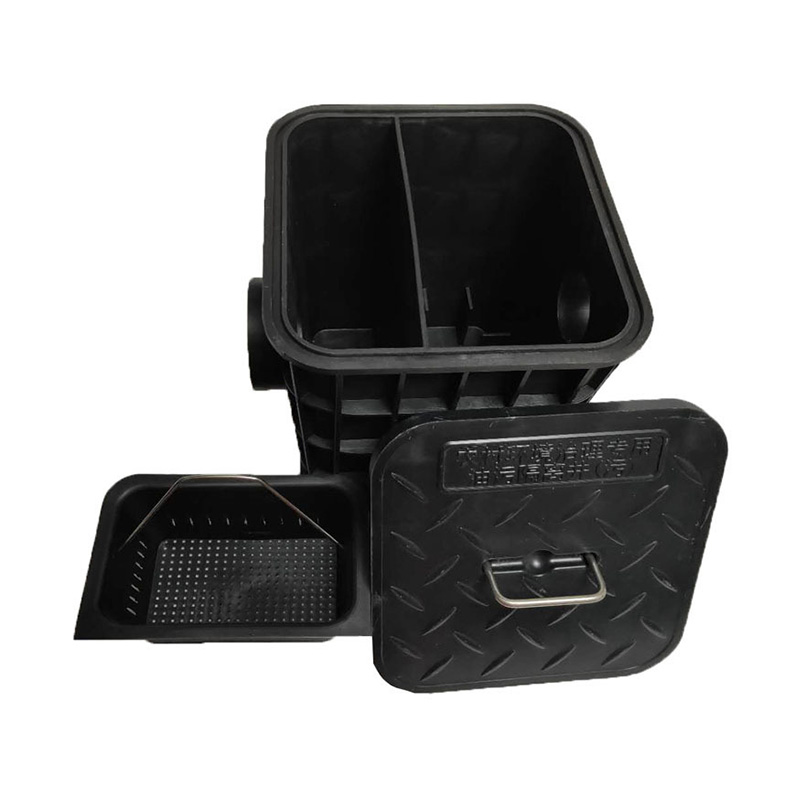

 English
English русский
русский Español
Español عربى
عربى
